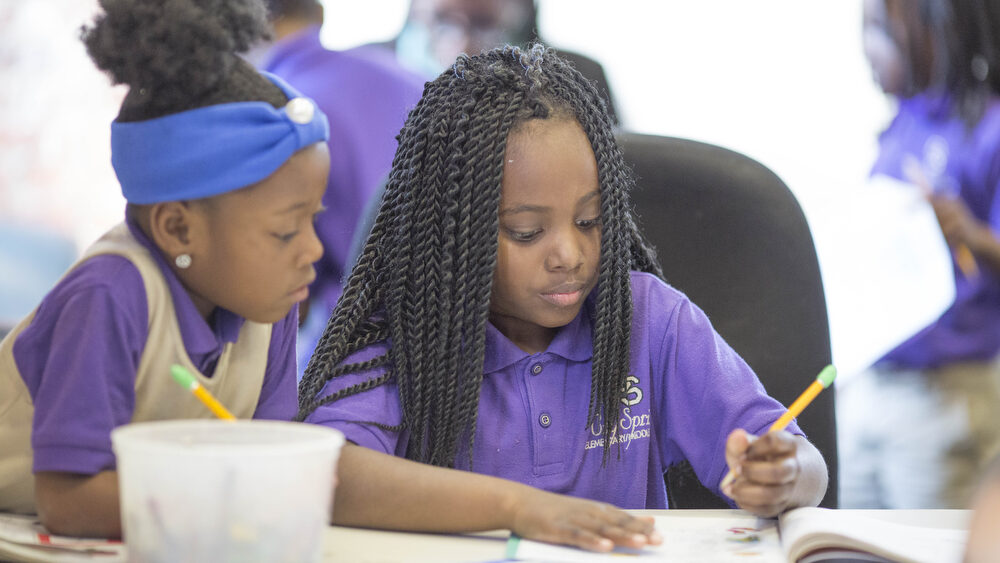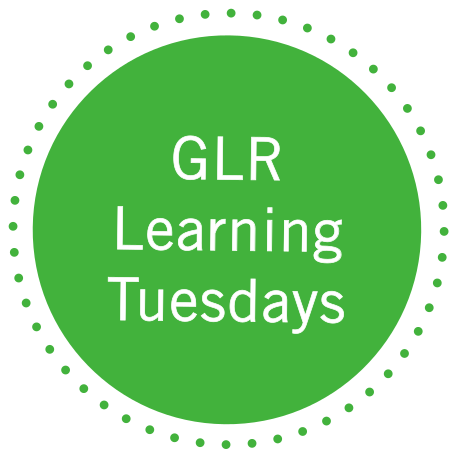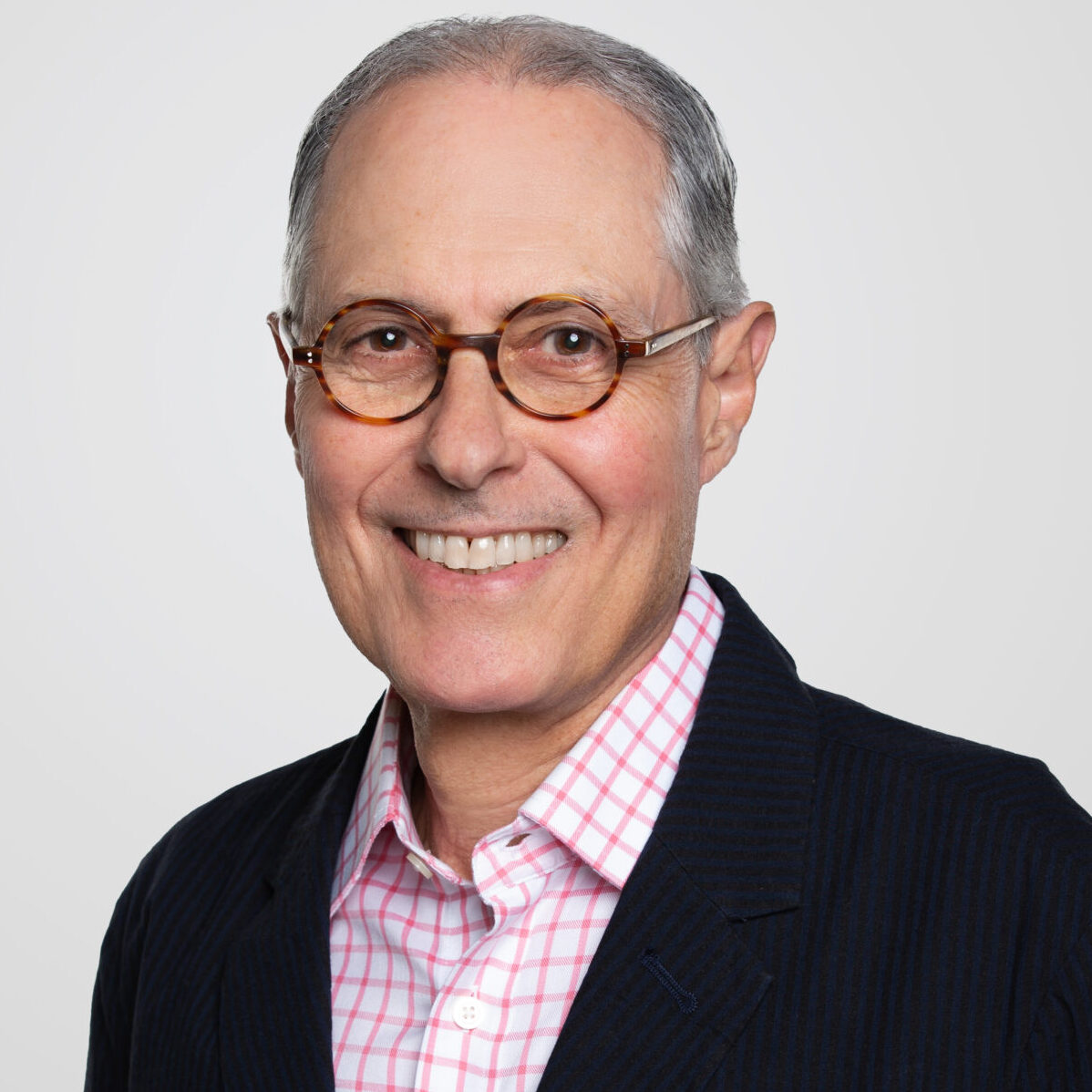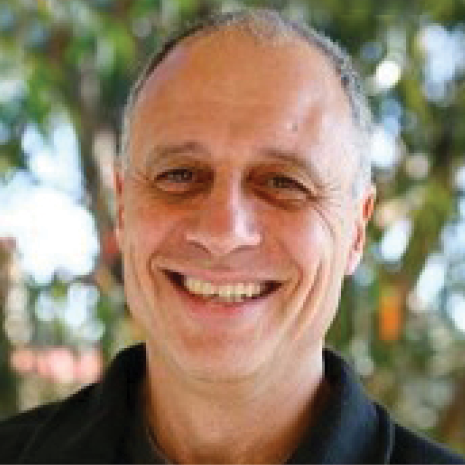
03:00 - 04:30 pm
Taking Action: Accelerating Equitable Learning Recovery

In 1983, “A Nation at Risk” brought the conversation of education reform to the American public. In the following years, bipartisan accountability efforts such as No Child Left Behind increased student achievement, particularly in math, having the greatest effect on the lowest achieving students, low-income students, and Black and Hispanic students. During this week’s GLR Learning Tuesdays session, Taking Action: Accelerating Equitable Learning Recovery, Michael Petrilli of the Thomas B. Fordham Institute explained what happened next: “This bipartisan effort came to an end…. That has made it much harder for people at the state and national levels to work across the aisle on the meat and potatoes of trying to improve our schools. And of course after the pandemic with this terrible learning loss…plus the terrible mental health crisis, we have big challenges. So we need people to come together and to try to find solutions.”
Petrilli shared how a diverse group of thought leaders have responded to these big challenges, coming together to develop a new call to action: “A Generation at Risk: A Call to Action.” Petrilli noted that coalitions and communities can replicate this approach by bringing together their own working group and provided recommendations on forming a group. The group should:
- Include no more than 20 people;
- Be diverse in all the ways that matter;
- Focus on solving problems;
- Identify effective facilitators to lead the session;
- Allow time for getting to know one another; and
- Do a lot of talking and listening before putting words on paper.
Jean-Claude Brizard of Digital Promise was one of the members of this working group and a signer of the resulting call to action. He talked about ways to “make learning ubiquitous. And how do we capture learning 365 days of the year? Our system is not set up for that. Learning does not have to happen only between the walls of the school.” This kind of thinking requires redefining what we consider success within education. For Brizard, success looks like economic opportunity, well-being and personal agency.
Bruno V. Manno of the Walton Family Foundation echoed Brizard: “This is not just a school problem. This is a community problem that we all need to participate in solving.” He framed a community-wide recovery strategy with four steps:
- Communicate that there is a problem and what the problem is.
- Develop a plan that includes strategies we know work when implemented in a consistent and serious way.
- Implement an accountability strategy that looks at an enlarged meaning of success and tracks progress toward this.
- Focus financial and human resources of the school and community toward this recovery work.
The panelists urged the audience to work in communities to provide pathways forward into the “ideological heartland” (Manno) because “this is about the future of our nation” (Brizard).


 All Events
All Events



